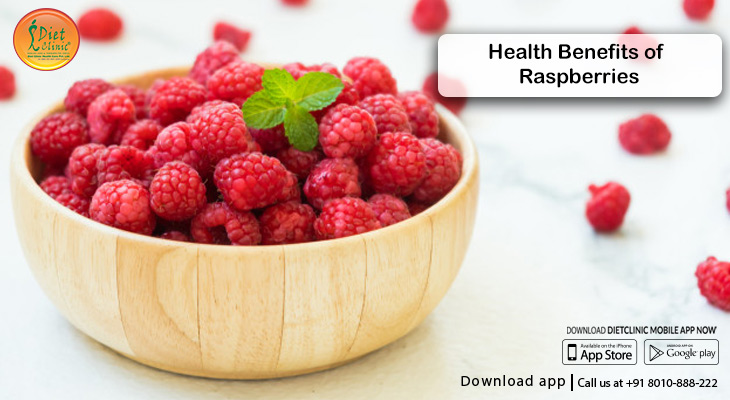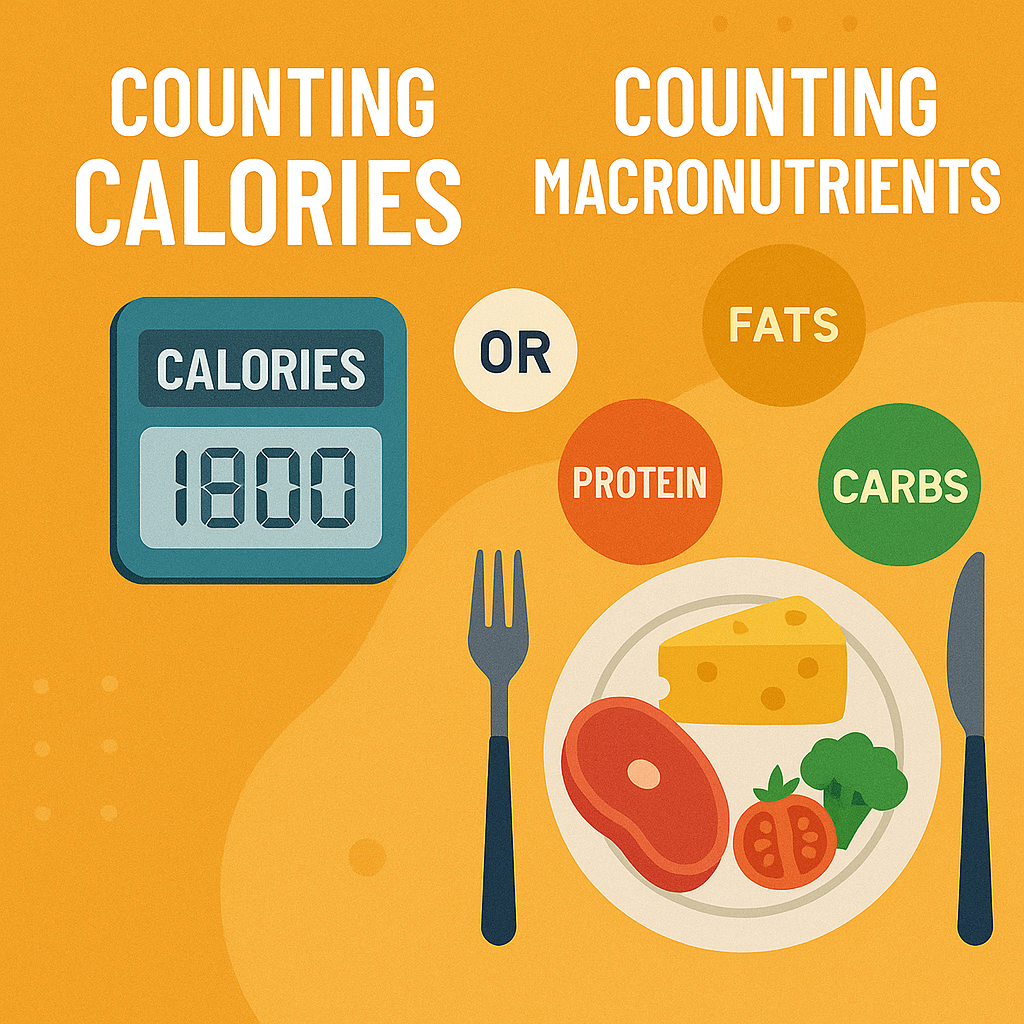
Dietician Sheela Seharawat
Raspberries are very delicious, red colored berries and are among the most popular berries grown all over the world. They are rich in plant-derived nutrients, minerals and vitamins which are required for a good health. Botanical name of raspberries is Rubus idaeus. These berries were earlier found only in Europe but now they are widely cultivated in temperate regions around the world. Countries which majorly produce raspberries are The United states of America, Germany, Chile, and Poland. Raspberries taste ranges from sweet to acidic and taste similar to strawberries.
Shape of raspberry is conical; each weighs about 3 to 4 grams and contains 80-100 drupelets arranged in circular layers. Rubus idaeus, the most common type of raspberry is red-pink in color but, the hybrid varieties come in different colors like black, purple, orange, yellow and white.
How are raspberries beneficial for our health?
Raspberries which are pretty delicious are low in calories and saturated fats. They are also a rich source of dietary fiber and antioxidants. (100 grams of raspberries contain 52 calories and 6.5 grams of fiber)
Xylitol, a low calorie sugar substitute is extracted from Raspberries. .( 1 tsp of Xylitol has 9.6 calories whereas, 1 tsp of sugar has 15 calories). It absorbs more slowly in the intestines when compared to sugar and does not cause high glycemic index like sugar. So, its beneficial for diabetics
Raspberries have significantly high levels of phytochemicals such as anthocyanins, catechins, salicylic acid, gallic acid, cyanidins, tannin, quarcetin, pelargonidins, kaempferol etc. which can help the body in fighting against cancer, ageing, inflammation and neuro-degenerative disorders.
Studies have shown that raspberries aid in weight loss. Raspberries contain phytonutrients called rheosmin (raspberry ketone) which increases metabolism in fat cells of body causing weight loss. Thus decreasing the risk of obesity and fatty liver. Another benefit of rheosmin is it also decreases the activity of an enzyme called as pancreatic lipase. These enzymes are released by pancreas and their function is to digest fat. By decreasing the activity of pancreatic lipase it reduces digestion and absorption of fat.
Raspberries are a very good source of vitamin C, which is a powerful anti-oxidant. Vitamin C also helps the body to develop resistance against infectious agents, fight inflammation and destroy harmful free radicals present in the atmosphere. They also contain Vitamin A and Vitamin E and flavonoid poly phenolic antioxidants such as aslutein, zea- xanthin and B-carotene in small amounts which also function as powerful anti oxidants.
Raspberries have an ORAC (Oxygen Radical Absorbance Capacity) value of about 4900 per 100 grams, which is quite high. So raspberry comes among the top ranked ORAC fruits.
Raspberries also contain a high amount of minerals like magnesium, potassium, manganese, iron and copper. Potassium is an important component of cell and body fluids which aid in controlling heart rate and blood pressure. Manganese works as a co-factor for the antioxidant enzyme named superoxide dismutase and copper is needed by the body for the production of red blood cells.
How to include raspberries in your diet?
For washing raspberries, dip them in cold water in a bowl for few seconds and then gently wash in order to remove any dirt or dust particles. Then they should be pat dried by using a paper towel or dry cloth. This process helps to enhance their flavor. Then the stems and caps can be removed with fingers or a knife.
- Raspberries slices can be added to salad.
- One can enjoy snacking on raspberries in between meals
- Raspberries can also be included in baked goodies like pastry
- They can also be used to make smoothies, milk shakes, yoghurt, ice creams etc.
- Raspberries are greatly beneficial for our health but there can be few sensitive people who may be allergic to raspberries. Some allergic reactions caused by raspberries are swelling and redness of mouth, lips and tongue, skin rash, headache, runny nose, eczema, itchy eyes, depression, gastrointestinal problems, hyperactivity and insomnia. People whose body shows these kind of symptoms should better avoid eating raspberries. Others who don’t have any allergic symptoms can definitely enjoy these tasty fruits.










